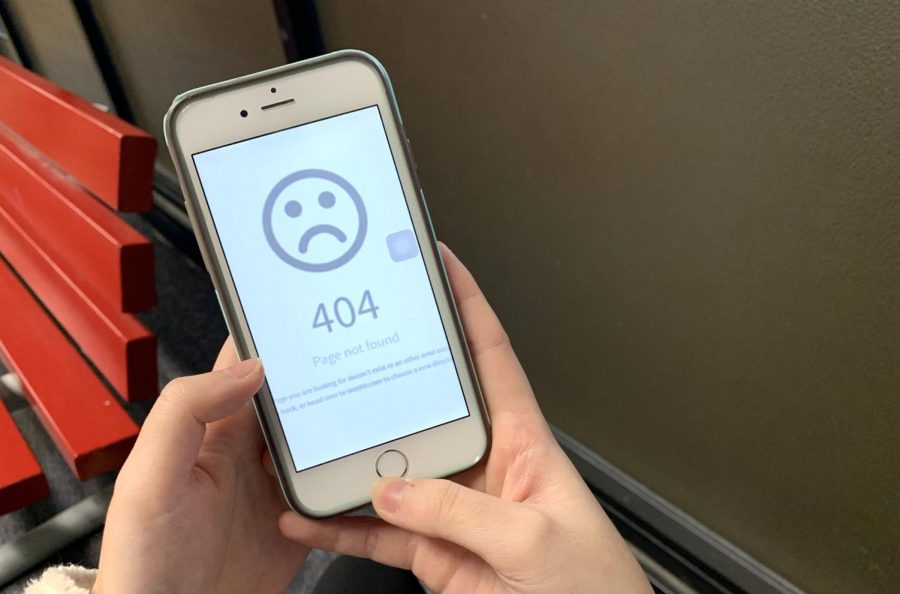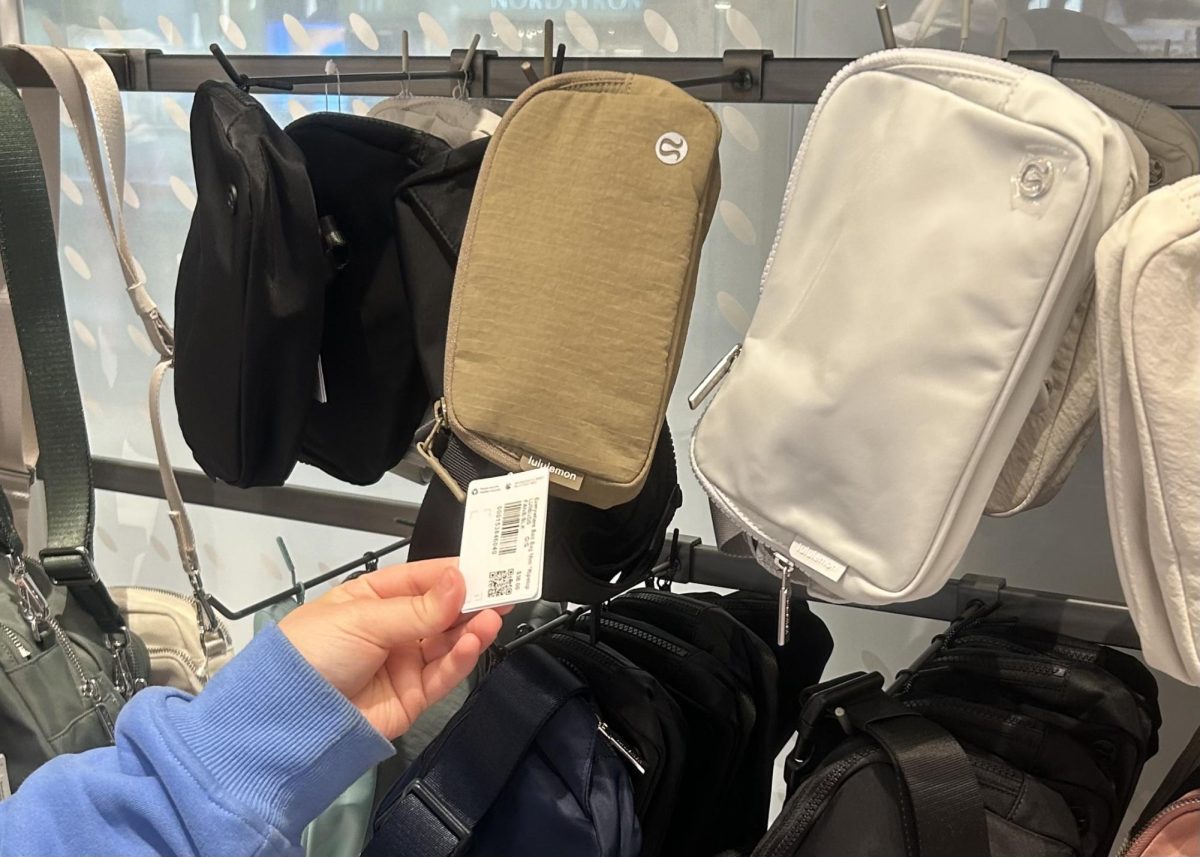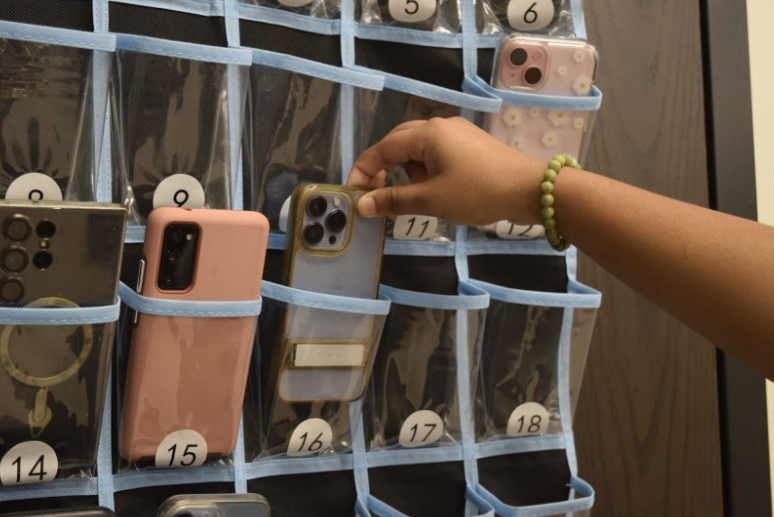Iowa. It’s the Midwestern state that conjures up images of citizen-packed state fairs and rolling green fields with an oddly high number of cows…but maybe that’s just what I think of. The Midwestern state with agricultural roots (pun intended) is also surprisingly political. It’s arguably the most important state in any election because Iowa holds the first Presidential caucus.
Yesterday, Iowa held the first presidential nominating contest in the 2020 election cycle. Unlike a traditional election, Iowa holds a caucus where people huddle in groups in their designated caucus space (similar to a polling place) to show their political allegiance. Each huddle represents support for one political candidate, and each huddle must include a specific number of people equal to 15% of the people at the caucus space. Each time a huddle cannot garner the minimum number of people needed, it is cut from the possible political candidates a precinct supports. Groups continue forming until all existing groups have the minimum number, but no groups above or equal to 15% can be knocked out. These caucuses are held all over Iowa and collect the attention of media and politicians alike because it is the first stage of the battle for 2020.
What happened in Iowa?
A lot. After a tumultuous wait into the following day due to inconsistencies in precinct reporting, the Iowa caucus has finally published its results. The winner? Well…that’s complicated. Only 71% of precincts have reported and of those who have reported have given their delegates to Former Mayor of South Bend, Ind. Pete Buttigieg. Following closely behind is Vermont Sen. Bernie Sanders. However, more precincts are still sending their results in.
What does it mean for the election?
Winning Iowa is kind of a big deal. Of the past 11 elections, the Iowa Democratic caucus correctly predicted the party’s nominee seven times. Iowa has only been wrong twice and those times were when an incumbent was in office, so there was no race.
I read something about votes being delayed…what’s that about?
This year, riding the wave of technology, the Iowa Democratic Party decided to enable individuals to use a smartphone app. This caused controversy because many people worried about election and voter security, but Iowa Democrats charged on, saying that the app would help get results published more quickly. However, this logic didn’t work because the app crashes. CNN reported that two Democratic campaign officials claimed the app used for tabulating precinct results crashed. The Nevada state Democratic Party has planned to use a similar app for their caucuses that will be held Feb. 22. Since Iowa’s troubles, Nevada has announced they will not be using the app.
What’s being done?
Iowa officials worked to resolve the issue using photos and paper trails. They tabulated by hand which took more time but yielded the same results. “We have experienced a delay in the results due to quality checks and the fact that the IDP [Iowa Democratic Party] is reporting out three data sets for the first time,” Iowa Democratic Party Communications Director Mandy McClure said. The inconsistencies in data are being rectified in a process that is somewhat lengthy. What does this mean? People had to wait longer to hear what actually happened in Iowa.
Is Iowa an accurate representation for the rest of the country?
Not really… Iowa doesn’t provide an accurate representation for the rest of the country because of the state’s demographic makeup. Iowa has roughly a 90% population of white people, while only 6% of their state population is African-American. Compared to the rest of the nation that has a 76% white population and 13% African-American population. Iowa, statistically, is not an accurate representation of how America will vote because the state is not demographically reflective of America.
Iowa’s caucus system itself also skews votes. Caucuses are held Monday mornings and require a person to commit to possible hours of voting. This causes many to simply not vote because of a lack of child care, transportation and even voters who find themselves out of state during the caucuses cannot appear in person are all disadvantaged by the caucuses system.
In addition, Iowa is almost too perfect. Iowa has disproportionately high literacy rates (yay Iowa!) and traditionally, strong and clean state governments. While these are great things, they are, sadly, not replicated in most states. Iowa simply isn’t an accurate reflection of politics in America.
So why all the fanfare about Iowa?
Iowa kicks off a new election cycle and is the first major event that happens in an election. It’s the first team people actually vote to support a specific candidate, which is why it garners so much attention. Political nerds (like myself!) and pundits love new elections and go a little crazy with coverage, which is why people care so much.



![Senior Dhiya Prasanna examines a bottle of Tylenol. Prasanna has observed data in science labs and in real life. “[I] advise the public not to just look or search for information that supports your argument, but search for information that doesn't support it,” Prasanna said.](https://pwestpathfinder.com/wp-content/uploads/2025/10/DSC_0073-2-1200x800.jpg)
![Junior Fiona Dye lifts weights in Strength and Conditioning. Now that the Trump administration has instituted policies such as AI deregulation, tariffs and university funding freezes, women may have to work twice as hard to get half as far. "[Trump] wants America to be more divided; he wants to inspire hatred in people,” feminist club member and junior Clara Lazarini said.](https://pwestpathfinder.com/wp-content/uploads/2025/05/Flag.png)
![As the Trump administration cracks down on immigration, it scapegoats many immigrants for the United States’ plights, precipitating a possible genocide. Sophomore Annabella Whiteley moved from the United Kingdom when she was eight. “It’s pretty scary because I’m on a visa. When my visa expires next year, I’m not sure what’s going to happen, especially with [immigration] policies up in the air, so it is a concern for my family,” Whiteley said.](https://pwestpathfinder.com/wp-content/uploads/2025/05/DSC_0077-7copy.jpg)
![Shifting global trade, President Donald Trump’s tariffs are raising concerns about economic stability for the U.S. and other countries alike. “[The tariffs are] going to pose a distinct challenge to the U.S. economy and a challenge to the global economy on the whole because it's going to greatly upset who trades with who and where resources and products are going to come from,” social studies teacher Melvin Trotier said.](https://pwestpathfinder.com/wp-content/uploads/2025/05/MDB_3456-1200x800.jpg)



![Some of the most deadly instances of gun violence have occurred in schools, communities and other ‘safe spaces’ for students. These uncontrolled settings give way to the need for gun regulation, including background and mental health checks. “Gun control comes about with more laws, but there are a lot of guns out there that people could obtain illegally. What is a solution that would get the illegal guns off the street? We have yet to find [one],” social studies teacher Nancy Sachtlaben said.](https://pwestpathfinder.com/wp-content/uploads/2025/01/DSC_5122-1200x800.jpg)


